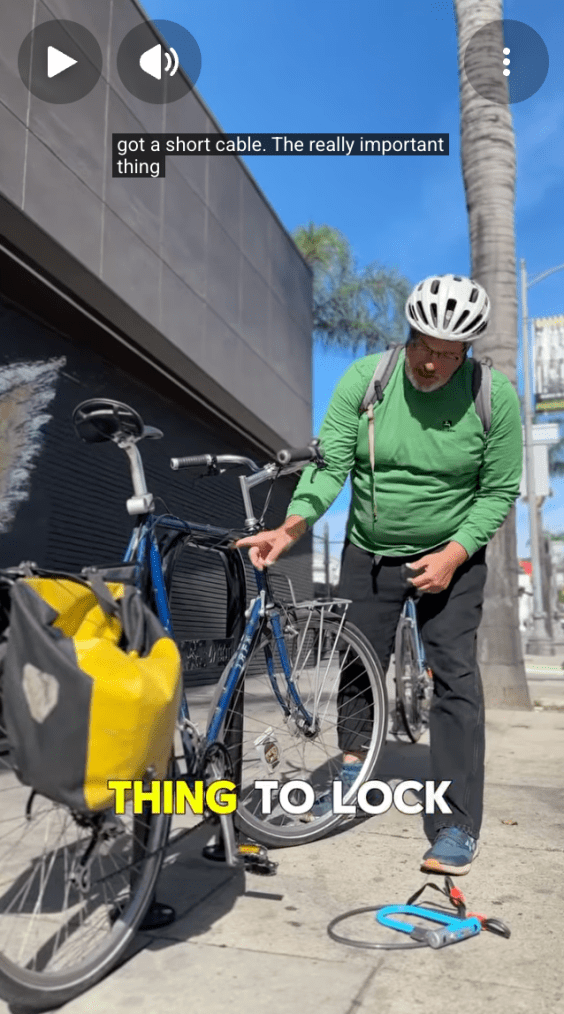Pennsylvania Gov. Ed Rendell (D), who is in Washington today continuing his push for a "front-loaded"
federal transportation bill, told Streetsblog Capitol Hill that he sees
momentum building for a National Infrastructure Bank (NIB) to be
created as part of the jobs bill now moving forward in Congress.
 Gov. Ed Rendell (D-PA) (Photo: Post-Gazette)
Gov. Ed Rendell (D-PA) (Photo: Post-Gazette)Rendell, who co-chairs the infrastructure advocacy group Building America's Future
with New York City Mayor Michael Bloomberg (I) and California Gov.
Arnold Schwarzenegger (R), has proposed seeding a new NIB using part of
a short-term loan from the federal Treasury to the nation's highway
trust fund -- the meat of the "front-loading" concept.
"The
original stimulus bill had decent infrastructure spending," Rendell
said in an interview. "It probably should have had more."
The Pennsylvanian, who is bidding
for his state to become only the third in America to add tolls to an
existing interstate highway, described a "front-loaded" transport
spending bill as a means to create jobs quickly while giving Congress
time to reach an agreement on long-term infrastructure reform after the
2010 midterms.
Approving a loan from the federal
government's general fund to the highway trust fund would ensure that
"the tough political decisions involved in" debating a new six-year
transportation bill don't slow the pace of job creation, Rendell said.
His pitch would involve postponing the "guts of reform" -- for example, progress on national performance targets for transport and more flexibility
for states to spend highway money on transit -- for 12 months, at which
point lawmakers would be called upon to resolve the nation's
transportation funding gap in order to pass a new bill that repays the
Treasury's loan.
The design of a new NIB, which the Obama
administration strongly supports, is a key issue for Rendell. The bill
introduced in June by House transportation committee chairman Jim
Oberstar (D-MN) would make an NIB part of the U.S. DOT and set up an
Office of Public Benefit within the Federal Highway Administration to
monitor the terms of any public-private partnerships.
Rendell
expressed concerns that such a setup would limit the NIB's independence
and subject it to excessive political scrutiny. His preferred method
would be setting up an independent board to manage the NIB, as envisioned in legislation offered by Connecticut Rep. Rosa DeLauro (D) and Sen. Chris Dodd (D).
Rendell said he has talked up his plan in recent days with Treasury Secretary Tim Geithner and President Obama, who stopped
in Allentown, Pennsylvania, on Friday for a speech on the struggling
economy. The governor described Obama's eyes widening as he heard
statistics on the manufacturing growth sparked by transportation
stimulus spending in Pennsylvania: 4,300 more tons of steel bought in
the first 10 months of this year than in all of 2008, a 43 percent
increase; a similar increase in concrete production, with 95 percent of
it coming from Pennsylvania factories.
Rendell told
Streetsblog Capitol Hill that he would support efforts to increase the
transportation accountability language in the new jobs bill, including
sending some aid directly to urban metropolitan planning organizations
(MPOs) and setting stronger "use it or lose it" guidelines to cut
through possible delays at state DOTs.
But the governor's
ideal jobs bill would involve using "ready-to-go" project lists
generated by state DOTs, which environmental advocates tend to consider
to be little more than "vague 'wish lists'," as John Krieger of the
U.S. Public Interest Research Groups (PIRG) put it today.
"Is
any of this perfect? No," Rendell acknowledged, vowing to keep "banging
the drum" for long-term infrastructure investments after the current
jobs bill is finished. "If I were the king of the world," he said
earlier in the interview, "we would go on a 10-year infrastructure
repair push, we'd build out the passenger rail system."
For
now, however, Rendell is focused on amassing support for a
"front-loaded" transportation bill that emphasizes economic recovery.
"My message to fellow reformers is, we are with you," he said. "But
understand that there are priorities, and right now No. 1 is to get
Americans back to work."





